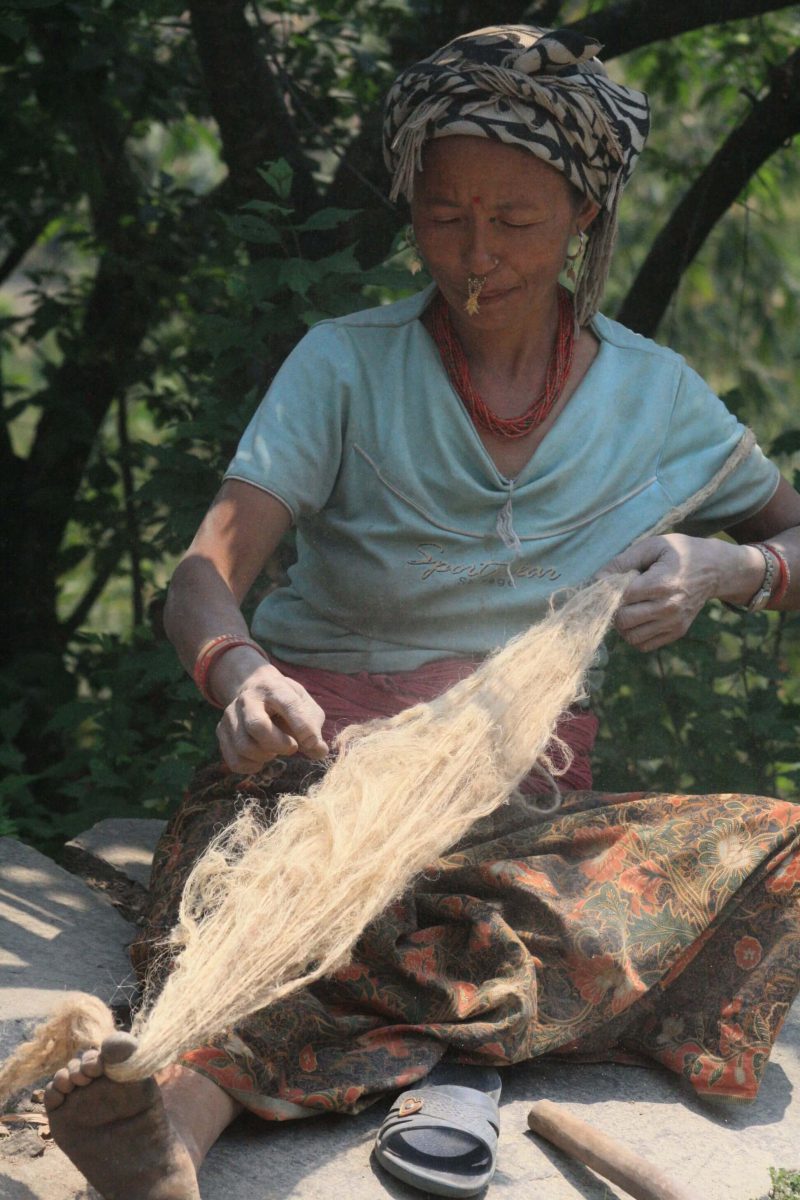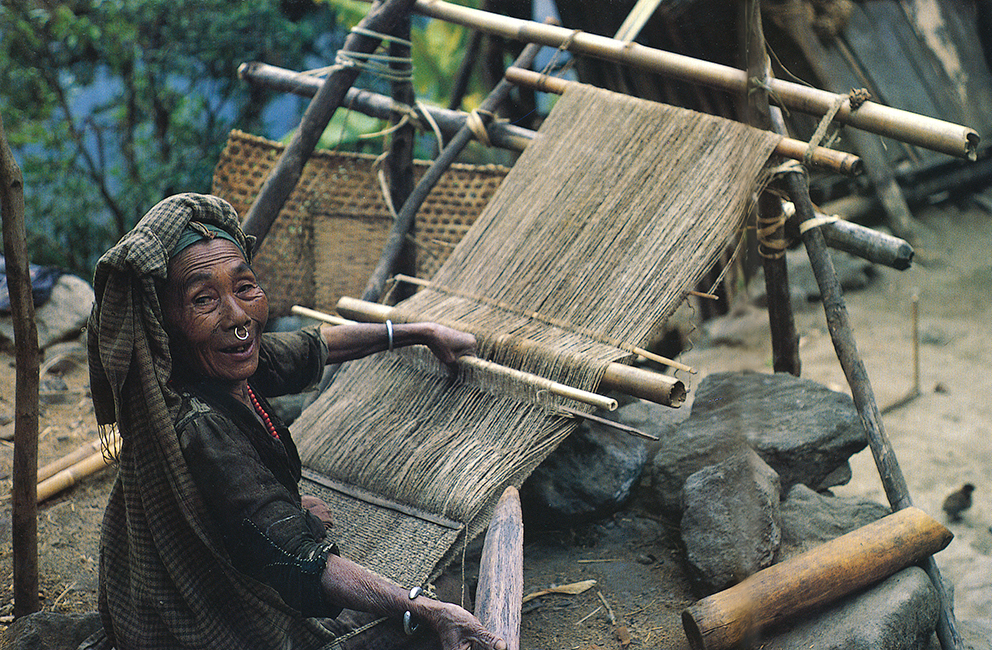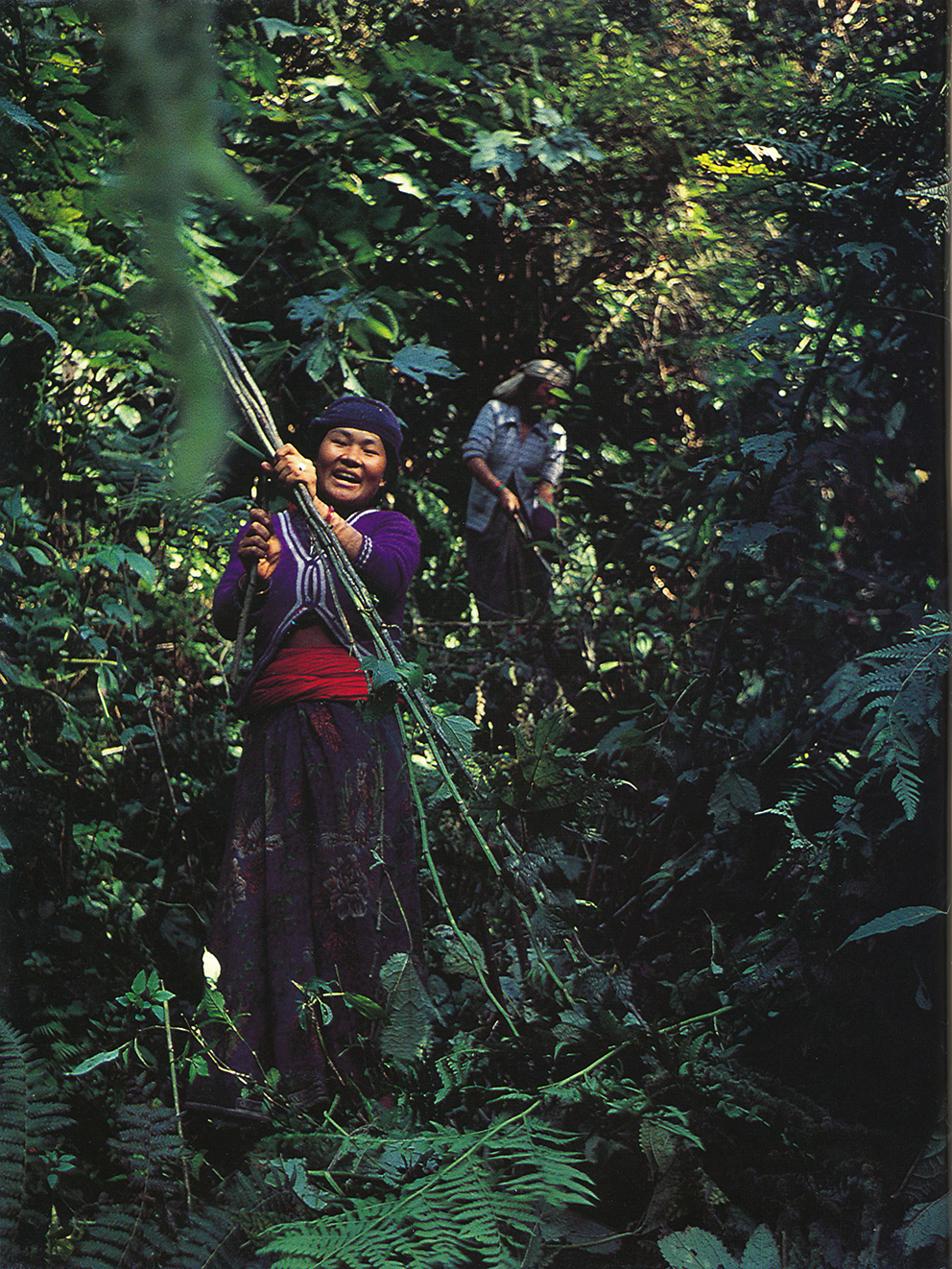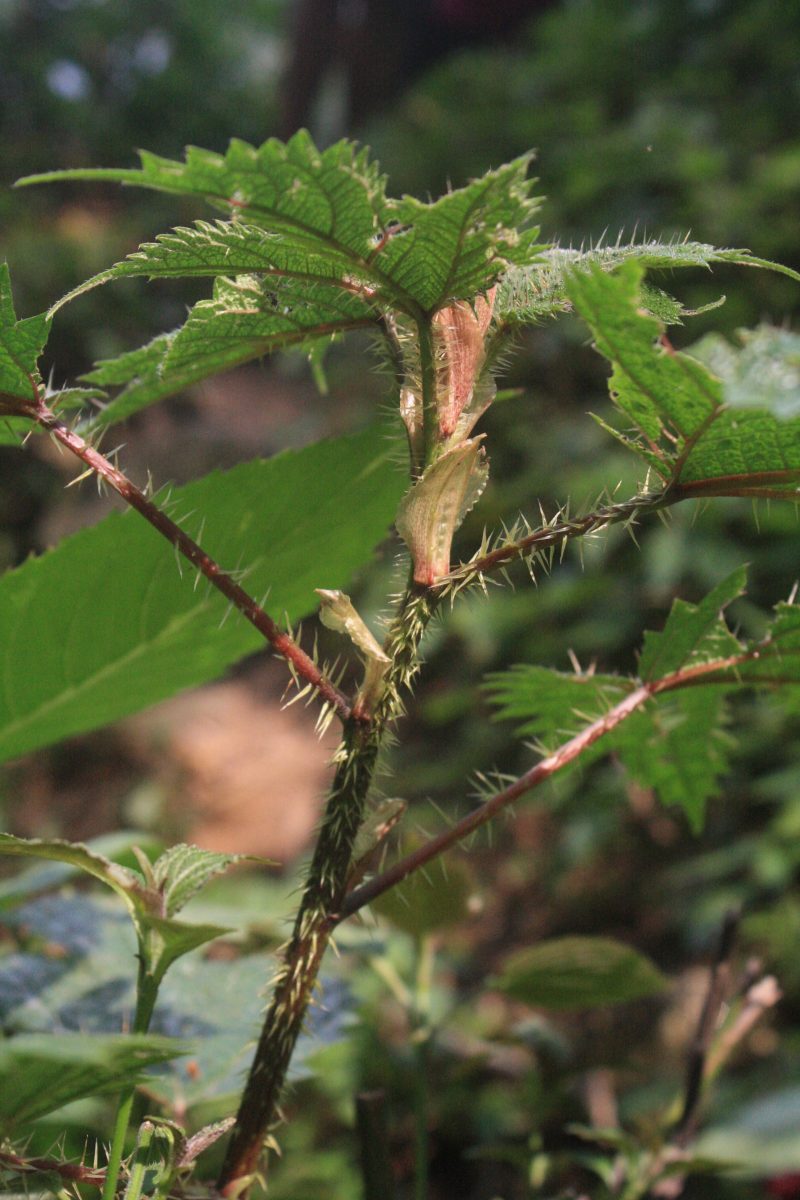Mechanizing Extraction of Fiber from Himalayan Nettle(Allo)
Youth-led innovation is transforming traditional industries in Nepal, empowering rural communities through sustainable technology.
Scenic Views of Rural Nepal
Raw Himalayan Nettle Plants in Their Natural Habitat
Transforming Traditional Allo Processing Methods
Harnessing Technology for Development
In 2016, the United Nations Development Programme (UNDP) launched an Innovation Challenge to address the labor-intensive nature of Himalayan nettle processing. The initiative aimed to introduce technological advancements to streamline the process, making it more efficient and less time-consuming. This competition attracted numerous innovative ideas, with the goal of empowering micro-entrepreneurs, particularly women, who depend on Allo for their livelihoods. The project was designed to leverage technology to solve pressing development challenges and improve economic conditions in rural Nepal.
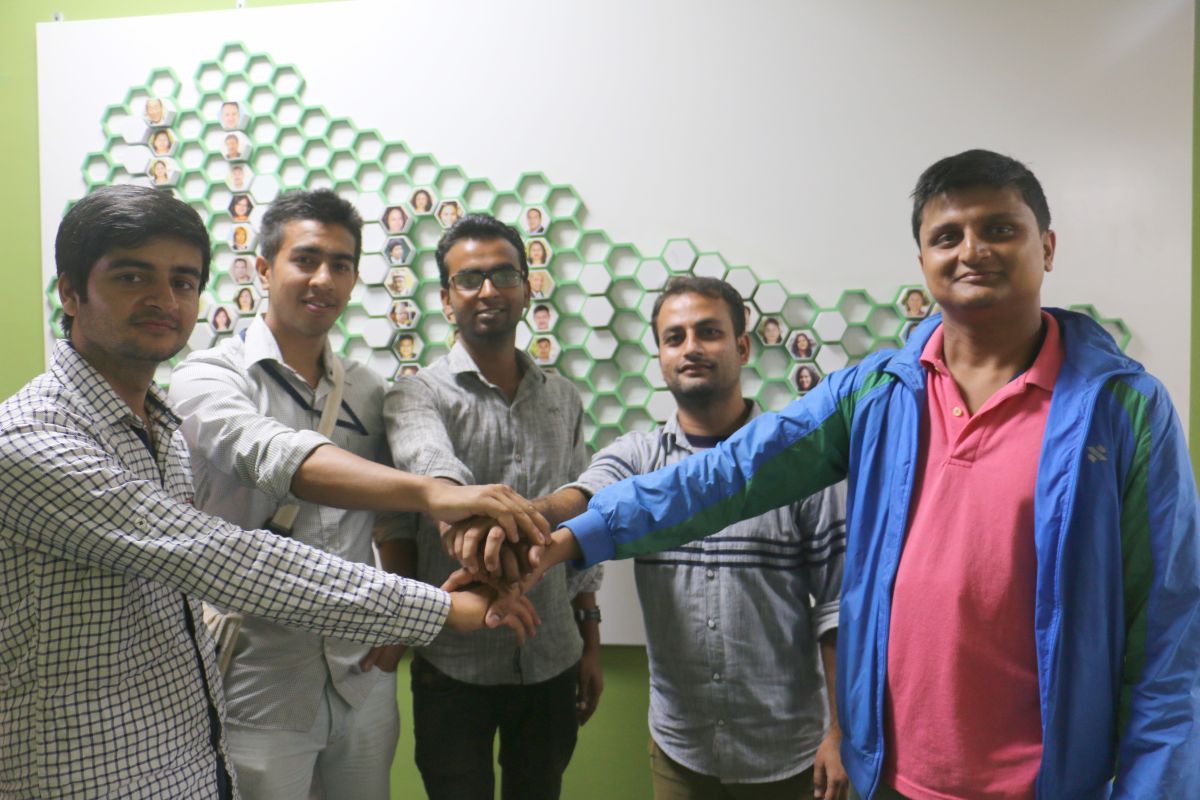
The Project Journey
From Concept to Reality
The project began with a competitive selection process, where a team of dynamic young engineers secured $15,000 in funding. Their innovative fiber extraction machines were initially tested in the districts of Parbat and Rolpa. These trials provided valuable insights, leading to enhancements based on feedback from local entrepreneurs. The Ministry of Industry recognized the project’s potential, resulting in further government investment. This support facilitated the deployment of the machines across 11 districts, fostering the growth of over 30 small-scale industries and significantly boosting local economies.

“Innovation is the key to unlocking potential and transforming lives. With determination and support, we can create solutions that truly matter.” — Aditya Neupane
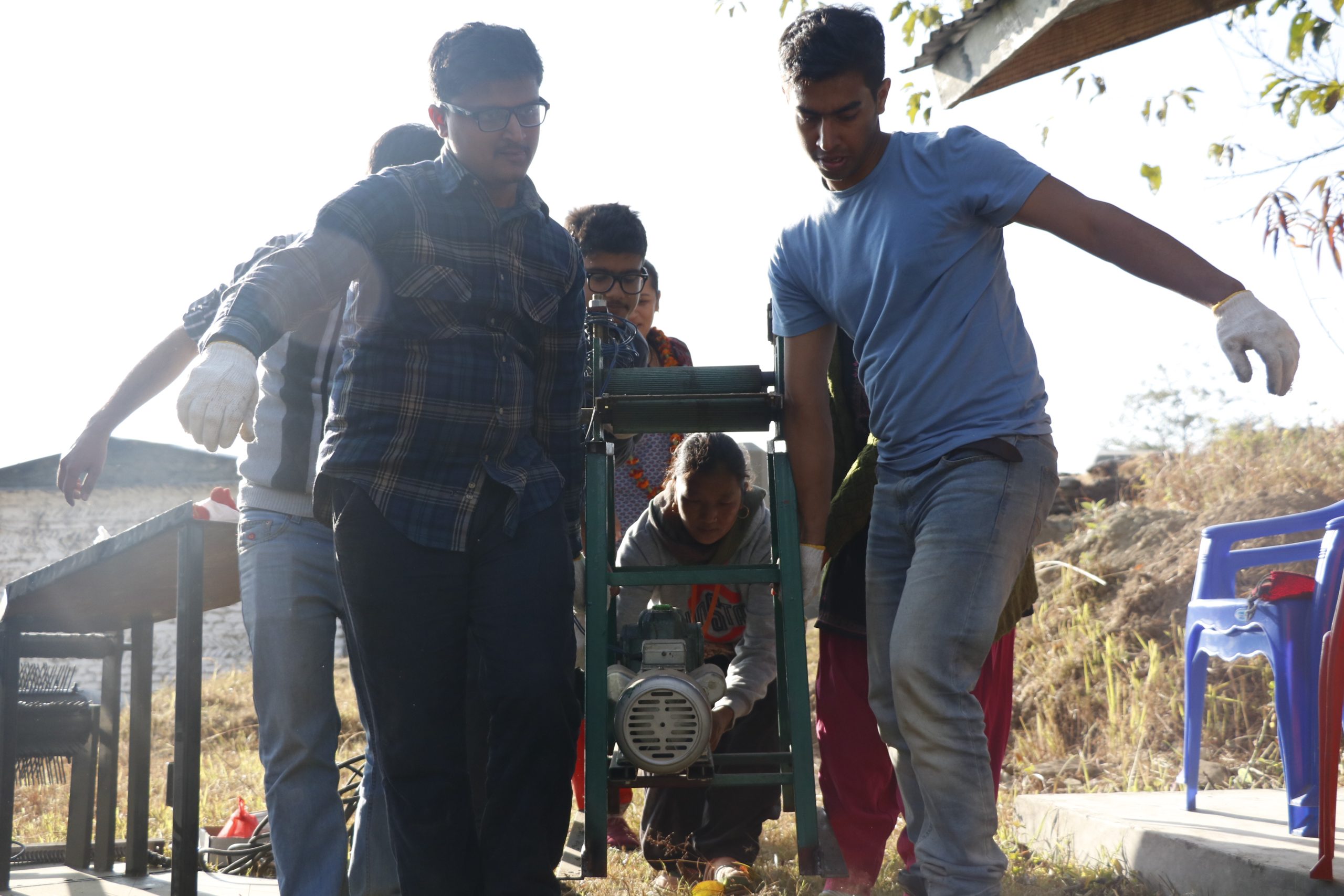
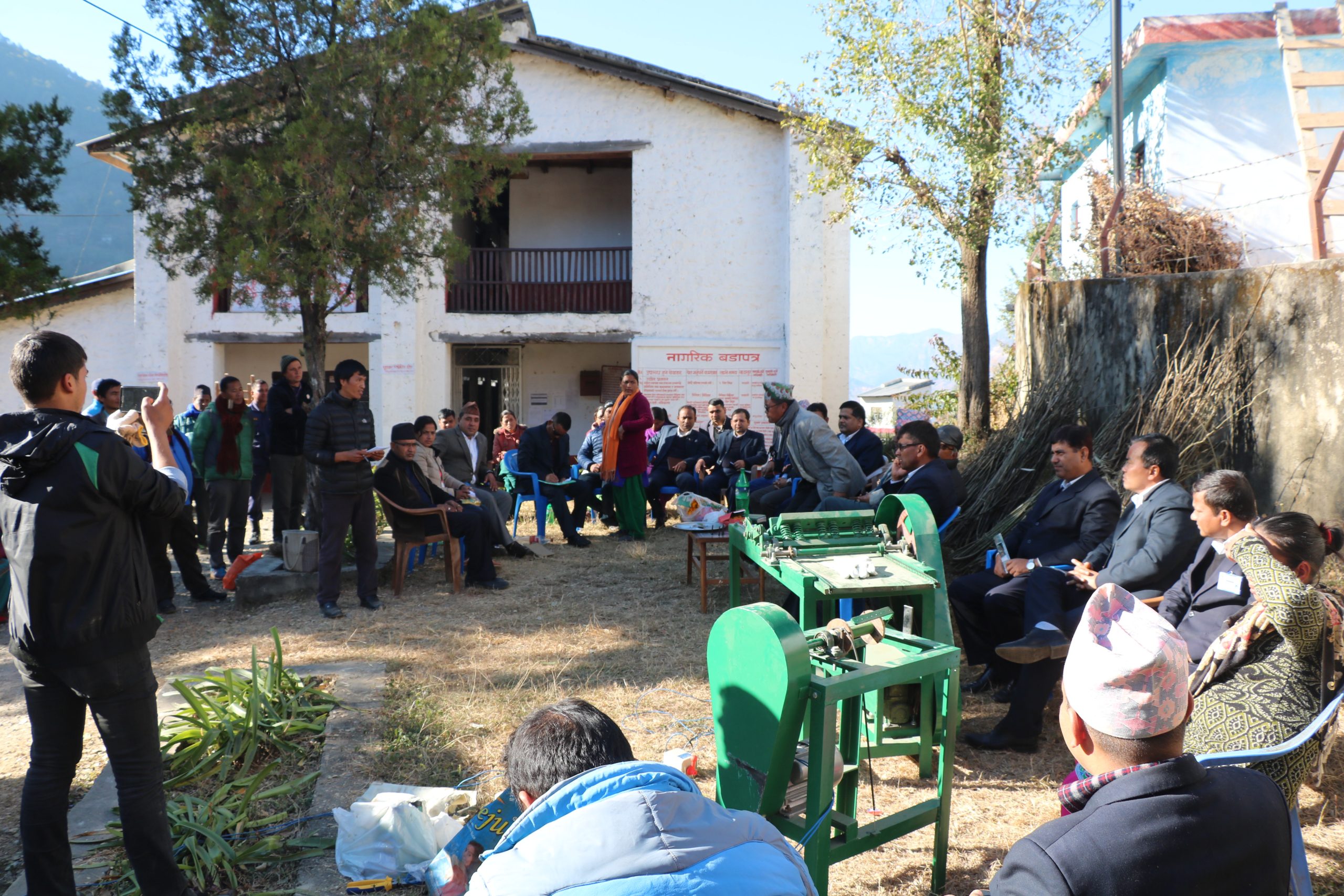
Real-World Impact
Empowering Local Economies
The introduction of Allo fiber extraction machines has revolutionized local businesses by significantly reducing the labor and time required for processing. This innovation has led to increased household incomes, particularly benefiting rural women entrepreneurs. The project has stimulated economic growth by creating new cottage industries and has inspired additional government support. As a result, plans are underway to install 21 more machines under the Ministry of Urban Development, further expanding the reach and impact of this transformative technology across Nepal.
Through the deployment of these machines, local businesses have experienced a surge in productivity, leading to enhanced economic stability for families. The initiative has not only improved the livelihoods of those directly involved in Allo processing but has also contributed to the broader economic landscape by fostering entrepreneurship and innovation. The expansion of this project underlines the commitment to sustainable development and the empowerment of rural communities, setting a precedent for future technological interventions in Nepal.
Vision for the Future
Currently, the team is installing additional Allo fibre extraction machines under the project of the Ministry of Urban Development, Goverment of Nepal


